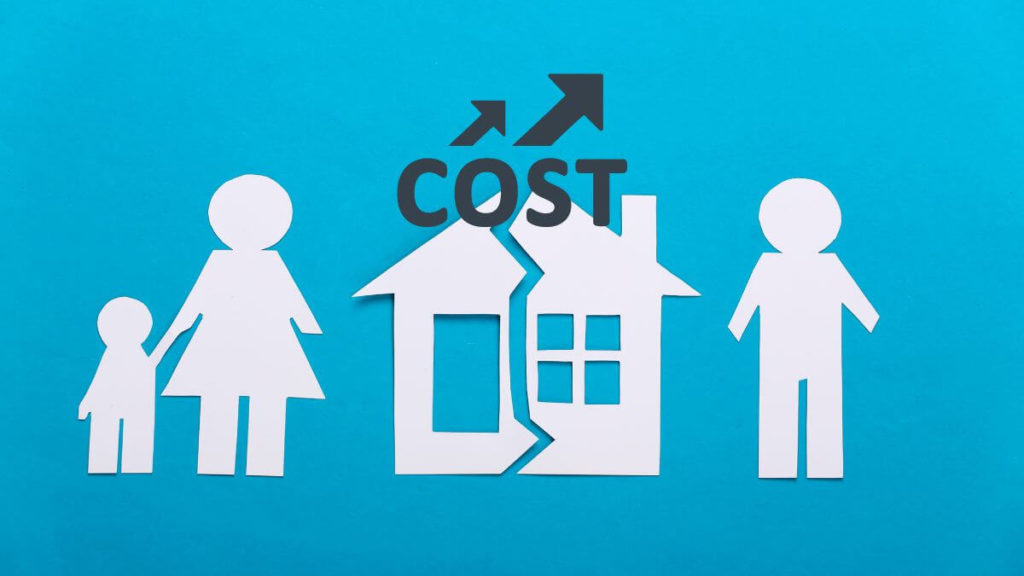Family Breakdown Costing Taxpayer $2b p.a.
A new report estimates that the fiscal cost to the taxpayer of family breakdown and decreasing marriage rates has been estimated at around $2 billion (around $520 per taxpayer) in 2020-2021.
The report “The Value of Family – Fiscal Benefits of Marriage and Reducing Family Breakdown in New Zealand” was commissioned by Family First NZ and prepared by international economist Andrew Bullians. This report is an update of the previous 2008 NZIER report, also commissioned by Family First NZ.
The cost has doubled since 2008-9 when the fiscal cost was just $1 billion or $300 per taxpayer. Over the last twelve years the cost would be in the order of $21 billion.
The author says that measuring the costs of family breakdown and decreasing marriage rates raises many challenges, but that failing to consider and debate these costs would, however, mean that we would have little chance of understanding some of the most important issues facing New Zealand’s most vulnerable
families.
“While divorce may on occasion help avoid negative family outcomes (such as in high conflict situations), international research suggests that the private costs of divorce and unmarried childbearing include increased risks of poverty, mental illness, infant mortality, physical illness, juvenile delinquency and adult criminality, sexual abuse and other forms of family violence, economic hardship, substance abuse, and educational failure. In this report, emphasis is given to the effect of family breakdown and decreasing marriage rates on poverty among families with children,” says the author.
Family breakdown and decreasing marriage rates also lead to social costs by increasing the fiscal costs to taxpayers through increasing take-up of government programmes (e.g., the number of children and adults in need of income assistance) and through influencing the social problems facing communities – such as crime and poor health outcomes. Both of these categories of taxpayer cost are considered in this report.
The author warns that these estimates of the taxpayer cost in New Zealand should, however, be qualified by the need for further research and debate on the assumptions employed in this paper, particularly those
relating to the relationship between family breakdown and decreasing marriage rates and poverty
among families with children, and the relationship between changes in poverty rates and levels of government expenditure in a range of policy areas.
“The discussion in this report has implications for a range of policy areas. In particular, international experience supports the use of a range of programmes and services to reduce unwed pregnancy among teen mothers and to help prepare couples for and support them during marriage. The further development of such programmes and services could provide a fruitful direction for government policy in New Zealand,” says the author Andrew Bullians.
“This new report shows that the decline of marriage, NZ’s comparatively high teenage fertility rate, and our rate of solo parenthood is not just a moral or social concern but should also be a concern of government and policymakers. The report states that even a small reduction in family breakdown and increases in marriage rates could provide significant savings for taxpayers. Strengthening marriages & family resilience, and reducing family breakdown is a significant public concern, both in human costs and economically,” says Bob McCoskrie, Chief Executive of Family First NZ.




